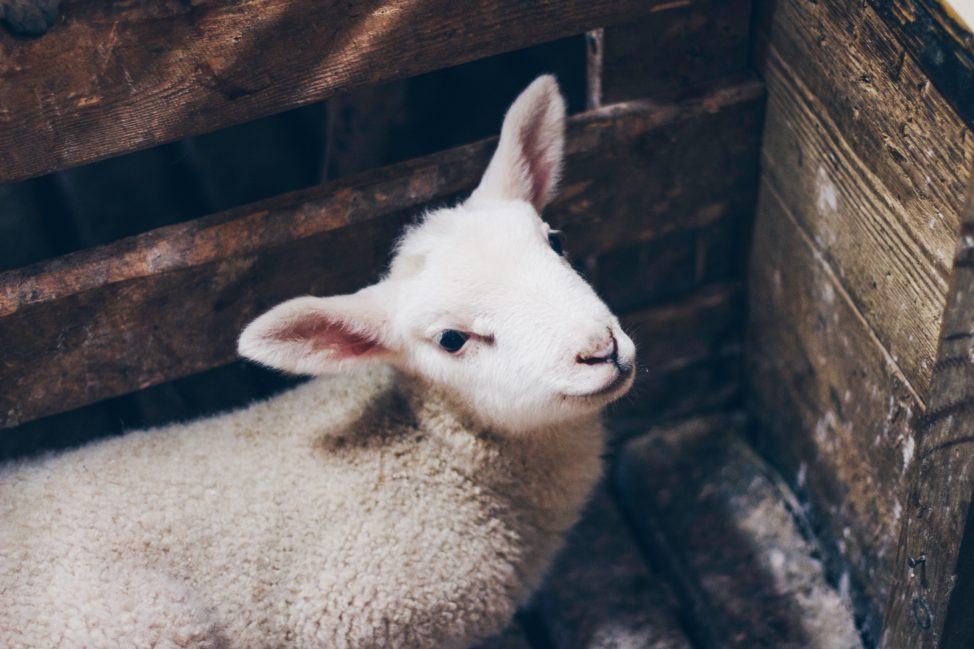Currently for heart value replacement, a person has two options: animal biological tissue or a mechanical valve.
These current options do not grow with the recipient of the valve. The animal bioprosthetic valve cannot grow as the tissue is treated to prevent the immune system from rejecting it. The mechanical valve is a fixed size. Because of this, a young heart valve replacement patient will require multiple surgeries, as the body grows.
At the University of Minnesota Twin Cities, a new study was conducted to find a material that will grow with the recipient. For the study, they used seven lambs as models. The researchers took donated skin cells from a lamb and grew cells in a bioreactor in the shape of tubes. These tubes then had the cells washed away with detergents to prevent an immune response, leaving the hollow collagen structures with growth factors. Three of these tubes were then combined and shaped to create the flaps that open and close on a heart valve. Later in the test, a fourth tube was added to surround the three to protect the internal “valves” from strain. Once inserted, the animal’s own cells grew on the device. In two of the three lambs tested, the valves lasted the whole 52 weeks, which completed the transition from lamb to adult sheep. As the lambs matured, the researchers used an ultrasound to observe the valves leaflets grow in length by 17 to 34 percent.
Although this study only used a small number of tested valves, it shows potential. Further tests need to be completed to confirm that this theory translates to humans. If it does, the number of heart valve replacement surgeries could be reduced from 5 to 1 in children.
See our blog Heart to Heart for more information on heart valve replacement surgery.
R. Tranquillo, et al., “Pediatric tri-tube valved conduits made from fibroblast-produced extracellular matrix evaluated over 52 weeks in growing lambs,” Sci Transl Med, doi:10.1126/scitranslmed.abb7225, 2021.

